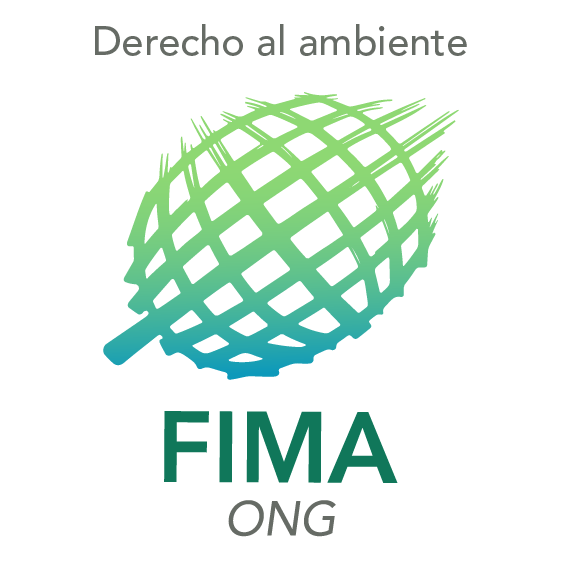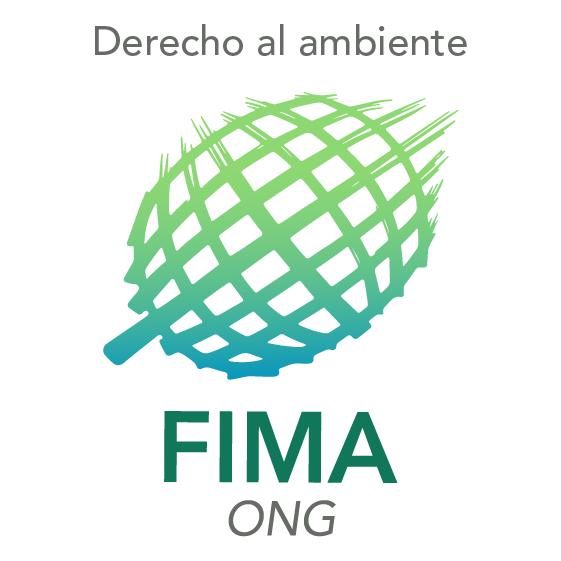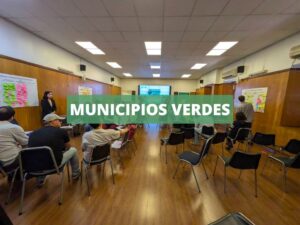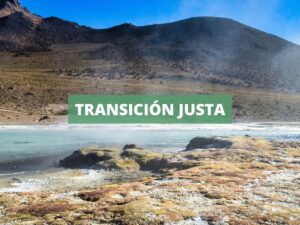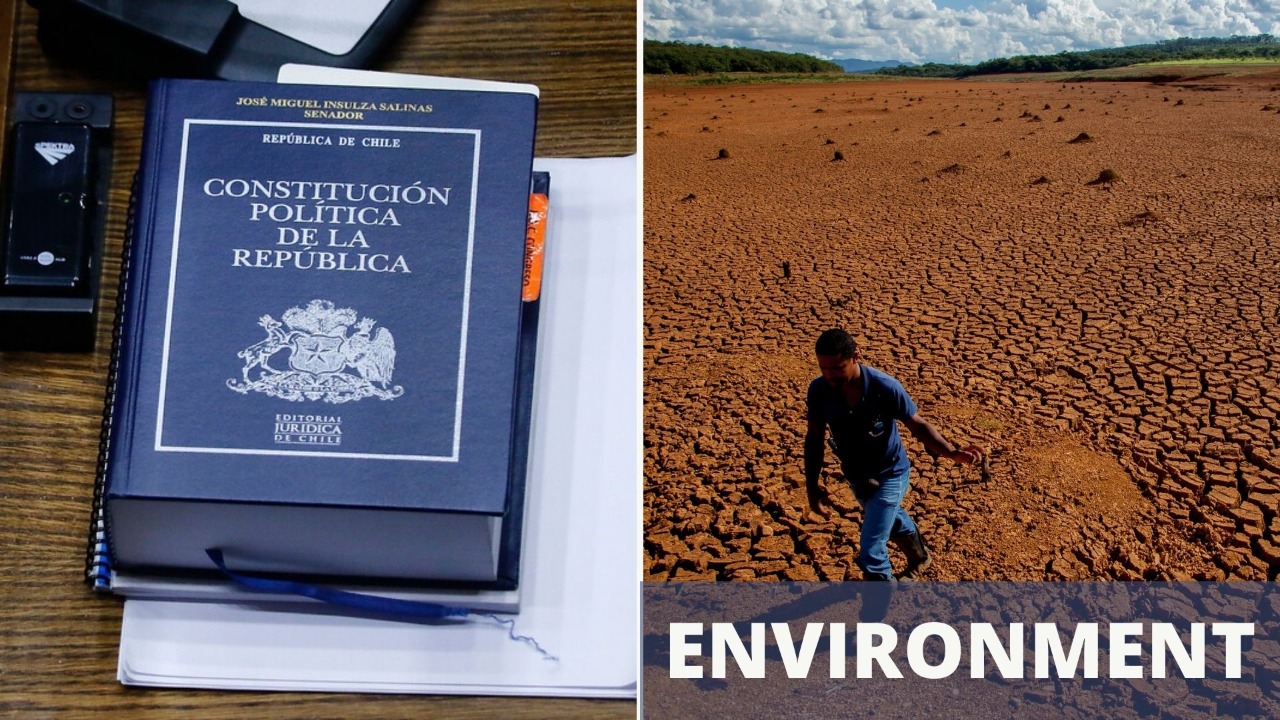
October is here, and Chileans are about to vote on a new constitution on Oct. 25. As part of an ongoing series about the Constitution and the upcoming vote, Chile Today spoke with Ezio Costa, lawyer and executive director of environmental NGO FIMA, about what the Constitution says about the environment. Costa promotes the creation of an “ecological Constitution.”
Oct. 25 is set to be an historic date for the country. In a referendum, Chileans will decide if a new Constitution should be written or if the current one should be maintained.
“I think a new Constitution is necessary because any country in the world deserves a democratic Constitution, and that is not the case with the current one. Also, because the societal model this Constitution has imposed upon us does not go hand in hand with the values or challenges of the nation. It requires an update,” said Ezio Costa, executive director of environmental NGO FIMA.
The Constitution establishes the “right to live in a pollution-free environment” and the state’s duty to guarantee this right and preserve nature.
“That right established in today’s constitution, although the wording isn’t perfect, has evolved positively in its interpretation. It is what is internationally known as the right to live in a healthy environment,” said Costa.
But Costa thinks the article should be updated. “In my opinion, what should be stated is the right to live in a healthy and ecologically balanced environment. That would recognize an intrinsic value in the environment, and not only understand it based on its usefulness.”
Ecological Constitution?
A well-known concept among environmentalists — that has emerged with greater force in Chile during this year — is an ecological Constitution.
According to Costa, the concept refers to a Constitution that is concerned primarily with the search for balance between society and nature, and environmental protection.
“When we talk about an ecological constitution, we think of a state that has certain rules and an order that allow for the protection of ecosystems. An ecological Constitution would be one that has principles in line with environmental and generational justice, as well as with the link between communities and territories.”
An ecological Constitution would contain the right to access water and other resources, or the right to environmental information, participation, and justice.
“An ecological Constitution would need a state with institutions that would enable all of the above. For example, independent agencies dedicated to environmental evaluation and control … Like a public defender of ecosystems and the environment.”
Elements to Include in New Constitution
If the option to write a new Constitution wins on Oct. 25, Costa suggests it contains:
- Environmental justice: This principle establishes that all people are entitled to “equal environmental protection regardless of race, color, or national origin. It’s the right to live and work and play in a clean environment.”
- Intergenerational justice: First established in a 1987 UN report, this principle implies that the development decisions of current generations “will have a profound effect upon the ability of all peoples to sustain human progress for generations to come.” Current generations will have a responsibility to leave a sustainable Earth for future generations.
- General environmental protection: To protect ecosystems to avoid adverse impacts, or to try to reverse the damage.
- Climate action: “Which could be defined as the obligation of the state to adapt to and mitigate climate change. And the obligation to do that in line with fair transition ideas,” said Costa.
Government Priorities
Regardless of the results of the constitutional referendum, Costa mentioned three environmental issues that should become government priorities.
“I think a solution for the sacrifice zones in the country should be the main priority. In Quintero and Puchuncaví we see that even the current Constitution is being violated. There is a ruling by the Supreme Court that establishes that the right to live in a pollution-free environment is not being respected. The court gave a set of guidelines to reverse the situation, and the government has not complied.”
Another important topic is the signing and ratification of the Escazú Agreement. “We know that it was not signed, but it should definitely be a priority for the next government.”
He added, “and in matters of natural resources, we need to pass a bill to reform the water code, or the law to protect glaciers. Both initiatives are still in Congress and should move forward, regardless of the referendum.”
Costa hopes a new Constitution will be created, and “after that, at least a portion of the people who are currently locked in a vision that prevents them from talking to others, understands that there is a need to talk as a society, and that they open up to do so … society needs to be open to dialogue.”
Fuente: Chile Today
